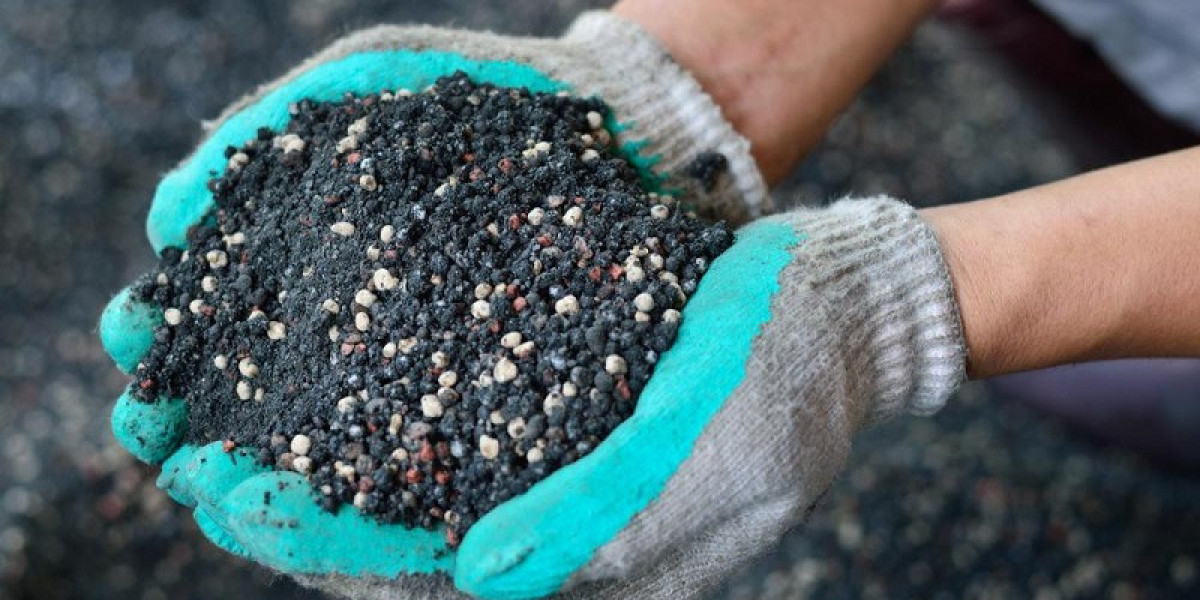
MC Oluomo's Controversial Rise: From Transport Union Leader to National NURTW President

In a development that has triggered both celebration and concern across Nigeria's transportation sector, Musiliu Akinsanya, widely called MC Oluomo, has actually become the National President of the National Union of Road Transport Workers (NURTW) following an agreement election by union stakeholders and delegates.

The election, which happened at the Union's Zonal Secretariat along the Osogbo/Ikirun road in Osun State, marks a substantial milestone in the controversial figure's profession trajectory while raising major concerns about the intersection of transportation unions and political power in Nigeria.
The Rise to Power
Delegates from 4 South-West states-- Lagos, Ogun, Ondo, and Ekiti-- participated in the election, which saw MC Oluomo as the sole prospect.

The process was monitored by the acting National President of the union, Aliyu Issa-Ore, represented by Mrs. Adedamola Salam, Head of Finance from the National Headquarters in Abuja.
The election also resulted in the visit of Tajudeen Agbede as Vice President of South-West and Akeem Adeosun as trustee from the zone.
In his approval speech, MC Oluomo called for unity within the union, specifying, "I have actually forgiven everyone who upset me, and I wish those I angered would forgive me too. This is our union, and we must be devoted to its conservation. We will not allow anyone to destroy our ways of livelihood."

A Controversial Past
Nevertheless, MC Oluomo's ascension to the national presidency includes considerable luggage and debate.
Accusations of violence, political intimidation, and the weaponization of transport union structures for political purposes marked his period as the chairman of the Lagos State chapter of NURTW.
Most notably, during the 2023 general elections, MC Oluomo acquired nationwide attention for his questionable role in election-related violence and voter intimidation.

He was captured on video making threats against Igbo voters in Lagos State, alerting them to either vote for the ruling All Progressives Congress (APC) or stay at home. While he later claimed the declaration was a joke made to a pal nicknamed "Iya Chukwudi," the event resulted in prevalent condemnation and requires his arrest.
The consequences of his risks emerged in election day violence, where political criminals allegedly carried out civil-war-era-style "eye tests" to recognize Igbo voters, preventing many from exercising their democratic rights. These actions caused the creation of a petition calling for worldwide travel restrictions against him, citing his role in inciting ethnic violence.
Opposition and Concerns
The Concerned Transporters in South West of Nigeria, a group of transportation employees, has actually vehemently opposed MC Oluomo's rise to power. In a communique signed by Comrade Taiwo Ariyo and Alhaji Ahmed Ibrahim, the group mentioned his questionable leadership design and alleged use of union resources for personal gain as considerable concerns.
The group mentioned, "MC Oluomo's management style is unacceptable. He utilized union resources for individual gain, neglecting members' welfare." They also raised issues about his capability to successfully lead the nationwide body, pointing to his history of conflicts with previous leaders and his questionable management design.
The NURTW's Evolution
The NURTW, formed in 1978 as a follower to the Nigerian Road Transport Union, has evolved from an easy trade union into an effective political force. With nearly 2 million members, the union has ended up being deeply embedded in Nigeria's political landscape, frequently serving as an important grassroots mobilization tool for politicians.
The union's structure, which extends from major cities to remote areas, has actually made it an attractive partner for political stars looking for to develop control over local communities. This has caused changing what was originally a transportation workers' union into what some critics describe as a sophisticated network for political mobilization and, in some cases, intimidation.

Political Influence and Violence
MC Oluomo's rise exemplifies the complex relationship between transport unions and political power in Nigeria. As documented in numerous reports, he has actually contributed in the Southwest's political campaigns and mobilization efforts, including noteworthy involvement in the 2018 Osun State governorship election and subsequent political contests.
His methods of operation have often been slammed for blurring the lines in between genuine union activities and political thuggery. Throughout the 2023 elections, his company was implicated of interrupting polling systems and intimidating citizens, particularly those perceived to be opposition advocates.
Legal Challenges and Institutional Response
The controversial nature of MC Oluomo's leadership has led to different legal challenges. Noteworthy among these was a court order during the 2023 elections that avoided INEC from engaging his services to distribute election products in Lagos State, highlighting concerns about the politicization of vital electoral procedures.
Future Implications
As MC Oluomo assumes the nationwide management of the NURTW, concerns stay about the union's future direction and function in Nigeria's political landscape.

While his supporters celebrate his ability to keep order and structure within the transportation sector, critics fret about the potential across the country growth of what they see as a hazardous combination of transport union power and political influence.
The visit also raises broader concerns about the requirement for reform within Nigeria's transportation union structure and the relationship between labour unions and political power.
As the nation continues to come to grips with problems of democratic debt consolidation and ethnic consistency, the function of prominent union leaders like MC Oluomo will likely remain a subject of extreme argument and scrutiny.

This development works as a critical moment for reflection on the state of Nigeria's democratic institutions and the impact of non-state actors in the country's political processes.
As MC Oluomo starts his tenure as National President, his actions will be closely watched by advocates and critics alike, with substantial implications for the transport sector and Nigeria's wider political landscape.






